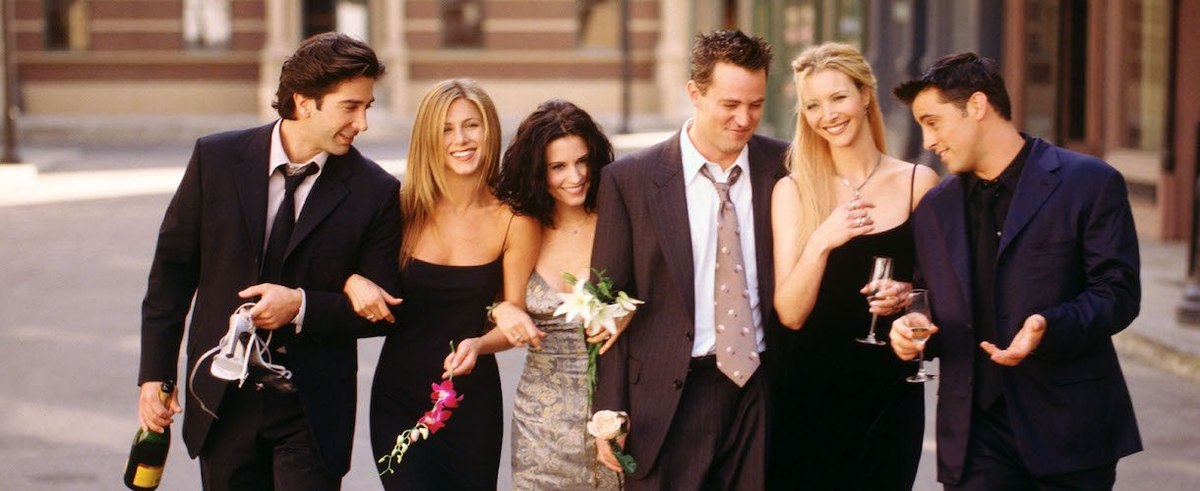A new YouGov survey asked Americans to consider how more than 50 fictional characters from film, TV, and literature — all of whom are portrayed as being American — would vote in the 2024 presidential election.
Among Americans familiar with each of the characters, those viewed as most likely to be, hypothetically, in Kamala Harris' camp all are women — Liz Lemon, Leslie Knope, Carrie Bradshaw, Phoebe Buffay, Elaine Benes, and Barbie. The characters most likely to be viewed by Americans who know them as falling on Donald Trump's side are mostly men: Archie Bunker, Hank Hill, Biff Tannen, Don Draper, John Rambo, and Tony Soprano.
Americans who know the heroes Captain America, Rocky, and Batman are nearly evenly split as to whether, in an alternate universe, they'd vote for Harris or Trump. The villains Joker and Hannibal Lecter are more likely to be viewed as Trump voters than as Harris voters.
To choose which characters to include, we conducted an earlier poll to identify characters that a significant portion of Americans are familiar with. After each character's name, the survey listed the work or works most associated with them — unless the name of the work was apparent from the character's name (such as Batman).
For most of the characters in the poll, supporters of Harris and Trump are more likely to say they'd back their own preferred candidate. The Joker is an even rarer case: Not only are Harris supporters more likely to think he'd vote for Trump than Harris, but he's seen as an even bigger Trump fan among Harris supporters than he is among Trump supporters.
The survey first asked respondents which characters they were familiar with, before asking only people familiar with each character how they think the character would vote. Most characters are slightly more well-known among registered voters who support Harris than among Trump supporters.
Browse the full results below:
The survey also asked Americans about the representation of Democratic and Republican characters in film and television. Among Americans overall, 27% say Republicans are underrepresented in these contexts, while just 11% say the same about Democrats. Republicans are more likely than Democrats to perceive their party as underrepresented: 50% of Republicans say their party is underrepresented, compared to 23% of Democrats who say the same about their party.
Related:
- How British fictional characters might vote: 2017 general election edition
- How often and why do Americans rewatch TV shows?
- Most Americans say shows have become more diverse – and more graphic – since the start of streaming
— Matthew Smith and Andrew Farmer contributed to this article
See the results for this YouGov poll
Methodology: This poll was conducted online on October 25 - 28, 2024 among 1,167 U.S. adult citizens. Respondents were selected from YouGov’s opt-in panel to be representative of adult U.S. citizens. The sample was weighted according to gender, age, race, education, 2020 election turnout and presidential vote, baseline party identification, and current voter registration status. Demographic weighting targets come from the 2019 American Community Survey. Baseline party identification is the respondent’s most recent answer given prior to November 1, 2022, and is weighted to the estimated distribution at that time (33% Democratic, 31% Republican). The margin of error for the overall sample is approximately 4%.
Image: Getty
What do you think about the election, American politics in general, and everything else? Have your say, join the YouGov panel, and get paid to share your thoughts. Sign up here.












